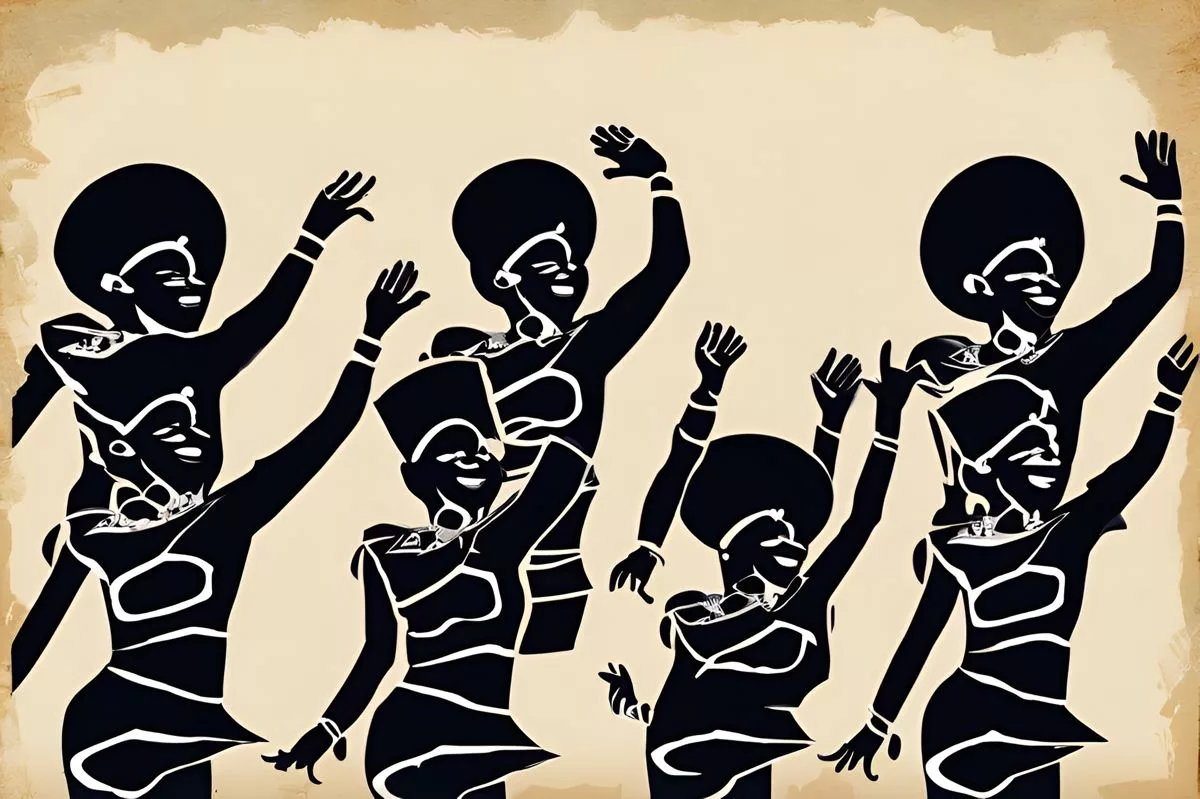The ANC and DA are locked in a power struggle for control of key positions in South Africa’s Government of National Unity, including the deputy presidency and major economic departments. The DA has presented several demands, including ten ministerial portfolios, and is unwilling to compromise. The potential delay in forming the GNU Cabinet highlights the difficulties in building an effective government and underscores the constantly evolving landscape of South Africa’s political arena.
The ANC and DA are in a power struggle for key positions within South Africa’s Government of National Unity (GNU). The DA has presented several demands, including ten ministerial portfolios and control over major economic departments. One potential compromise is the DA’s appointment to the ministerial role in the Presidency, securing Mashatile’s deputy presidency. The future governance of South Africa hangs in the balance, highlighting the difficulties in building an effective government.
The Battle for Influence in South Africa’s Political Landscape
South African politics is seeing a growing struggle for positions of power between two major parties, the African National Congress (ANC) and the Democratic Alliance (DA). The fight for the deputy presidency and control of key economic sectors is heating up within the Government of National Unity (GNU). As per various media sources, this escalating power struggle might force the ANC to present the DA with an ultimatum – either accept specific Cabinet roles or leave the GNU.
An unwavering position from the DA on their demands is heightening the tension, creating a potential delay in the unveiling of the GNU Cabinet. Reports from inside the ANC suggest that they’re more inclined to cut ties with the DA rather than dismiss Deputy President Paul Mashatile. The DA has presented several demands, including ten ministerial portfolios, the appointment of John Steenhuisen as deputy president, and control over major economic departments.
One insider expressed that the DA’s aspiration for the deputy president’s position is deemed unreasonable by most ANC members. However, a group within the ANC realizes their vulnerable situation and sees negotiation as the path forward.
The Quest for Compromise Amidst Political Power Struggles
This ANC faction recognizes their weak negotiating power and appreciates the DA’s flexibility. “If the deputy president’s position is not on the table, at least the minister in the Presidency should be from the DA,” one source suggests, highlighting the importance of compromise. They further indicated that refusing the DA both positions would be imprudent and unreasonable for the ANC.
One viable solution appears to be the DA’s appointment to the ministerial role in the Presidency, often termed the “premier minister”. This would secure Mashatile’s deputy presidency and is a proposal made by an ANC member, as per the report.
The DA’s Role and the Future of South Africa’s Political Landscape
Amid these power dynamics, the DA asserts its essential role as a partner in the government. Helen Zille, the DA Federal Council Chairperson, strongly emphasizes the need for the ANC to acknowledge the DA’s significant role and provide it with substantial influence in the upcoming national executive cabinet.
“We won’t be taken hostage. The DA is a critical partner in the government. We can’t merely help the ANC maintain the status quo. We need to have real power and influence in the government to improve the lives of South Africans,” argues Zille.
Ten political parties have joined the GNU since its inception, including the Inkatha Freedom Party (IFP), GOOD Party, Patriotic Alliance (PA), Pan African Congress (PAC), United Democratic Movement (UDM), Freedom Front Plus (FF Plus), and Al Jama-ah. Rise Mzansi is the most recent joiner.
As these discussions progress, South Africa’s future governance is hanging in the works. The power struggle between the ANC and DA underlines the intricate power dynamics, difficulties, and compromises involved in building a representative and effective government. This fight for influence encapsulates the constantly evolving landscape of South Africa’s political arena and the aspiration for power and representation within it.
What is the power struggle between the ANC and DA in South Africa?
The ANC and DA are in a power struggle for key positions in South Africa’s Government of National Unity, including the deputy presidency and major economic departments. The DA has presented several demands, including ten ministerial portfolios, and is unwilling to compromise.
What are the potential consequences of this power struggle?
The potential delay in forming the GNU Cabinet highlights the difficulties in building an effective government and underscores the constantly evolving landscape of South Africa’s political arena. The future governance of South Africa hangs in the balance.
How is the ANC handling the situation?
Reports from inside the ANC suggest that they’re more inclined to cut ties with the DA rather than dismiss Deputy President Paul Mashatile. However, a group within the ANC realizes their vulnerable situation and sees negotiation as the path forward.
What is the DA’s role in this power struggle?
The DA asserts its essential role as a partner in the government and strongly emphasizes the need for the ANC to acknowledge the DA’s significant role and provide it with substantial influence in the upcoming national executive cabinet.
What are some possible compromises that have been suggested?
One viable solution appears to be the DA’s appointment to the ministerial role in the Presidency, often termed the “premier minister”. This would secure Mashatile’s deputy presidency and is a proposal made by an ANC member.
How many political parties have joined the GNU since its inception?
Ten political parties have joined the GNU since its inception, including the Inkatha Freedom Party (IFP), GOOD Party, Patriotic Alliance (PA), Pan African Congress (PAC), United Democratic Movement (UDM), Freedom Front Plus (FF Plus), and Al Jama-ah. Rise Mzansi is the most recent joiner.












